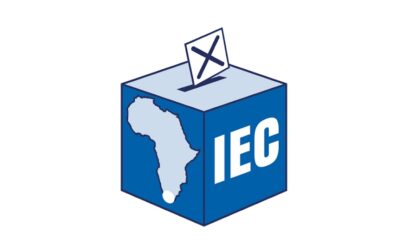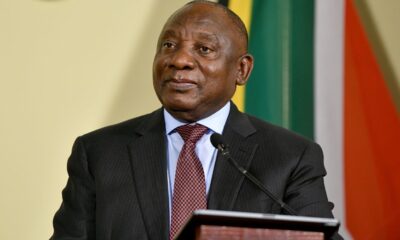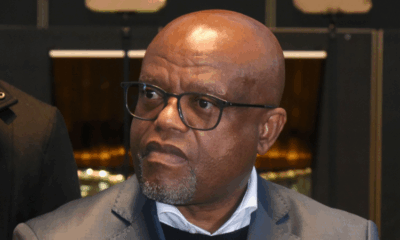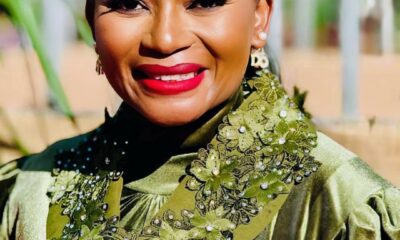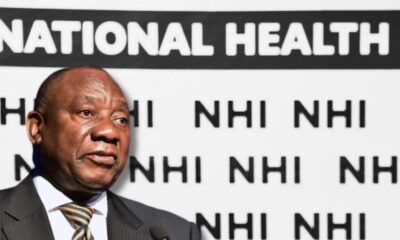News
Ramaphosa Calls on Civil Foundations to Return to National Dialogue
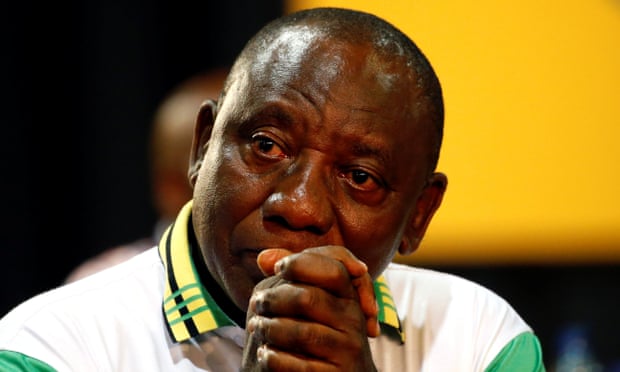
President Cyril Ramaphosa has reached out to several high-profile civil foundations, urging them to rejoin the National Dialogue after their dramatic walkout left the process under a cloud of doubt.
Why the Walkout Happened
The foundations including those named after liberation icons like Steve Biko, Thabo Mbeki, Albert Luthuli, Desmond Tutu, and Oliver Tambo walked away from the dialogue last week. Their protest was sharp: they accused the government of rushing the process, sidelining citizens, and turning what was meant to be a collective exercise into an elite-driven affair.
For many South Africans, the timing of these tensions is telling. The country is still grappling with high unemployment, rolling power cuts, and widespread frustration at a government that has struggled to deliver on its promises. The ANC’s historic loss of its majority in last year’s general election only amplified public demand for a dialogue that feels inclusive, transparent, and authentic.
The President’s Response
Sensing the backlash, Ramaphosa’s Eminent Persons’ Group (EPG) made up of 32 independent voices, including prominent figures like Roelf Meyer, Prof Tinyiko Maluleke, and former DA leader Lindiwe Mazibuko has written to the foundations, asking for a sit-down.
In their letter, the EPG acknowledged the gravity of the criticism. They agreed that concerns about citizen leadership, accountability, and rushed timelines are not “peripheral matters” but central to whether the National Dialogue will be seen as legitimate.
“We regard this as a generational opportunity to renew our national compact,” the group wrote, stressing that the process must not be “lost to expediency or mistrust.”
Public Reaction and Skepticism
On social media, South Africans have been divided. Some praised Ramaphosa for admitting mistakes and reaching out to the foundations. Others were far less forgiving, questioning why it took a public fallout for the government to take civil society seriously.
“South Africans don’t need another elite talk shop,” wrote one commentator on X. “We need a real, grassroots-driven dialogue that doesn’t leave ordinary people behind.”
Civil society voices outside the immediate circle of foundations have echoed this. Ayhan Cetin of the Turquoise Harmony Institution warned that the dialogue risks becoming hollow if it is controlled from the top. “If it remains in the hands of elites, it risks becoming another performance of power rather than a pursuit of healing,” he said.
Why This Matters
South Africa has a history of dialogue shaping its turning points from the Codesa talks that ended apartheid to more recent forums on social cohesion. But unlike the past, today’s public mood is far more mistrustful. Citizens want to see real accountability, not just another performance of politics.
The presence of foundations linked to liberation heroes carries symbolic weight. Thabo Mbeki, the only living former president among them, represents continuity with South Africa’s democratic journey. Their involvement, or lack thereof, will likely define whether this National Dialogue becomes a moment of renewal or just another headline.
Source: Citizen Online
Follow Joburg ETC on Facebook, Twitter , TikTok and Instagram
For more News in Johannesburg, visit joburgetc.com

